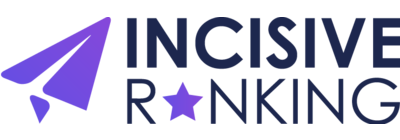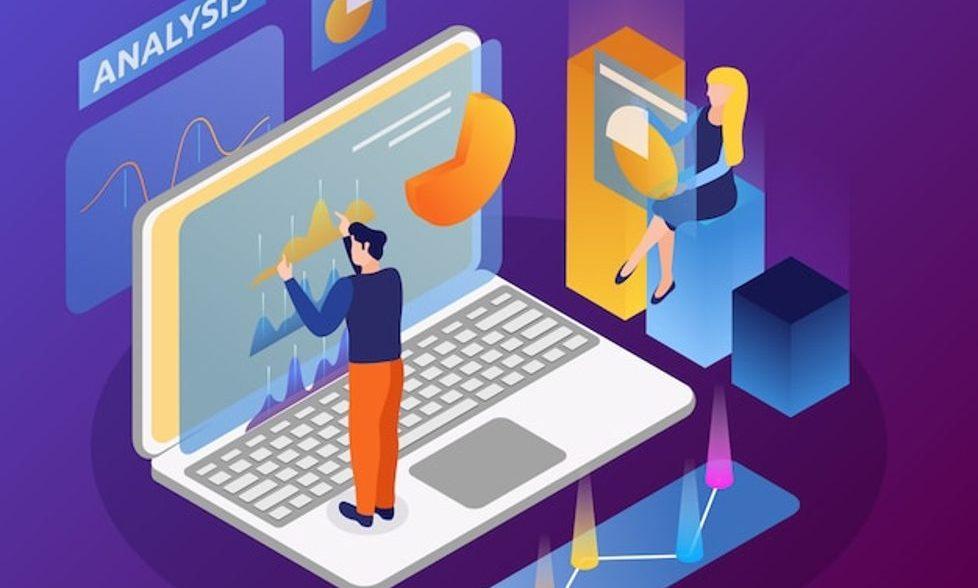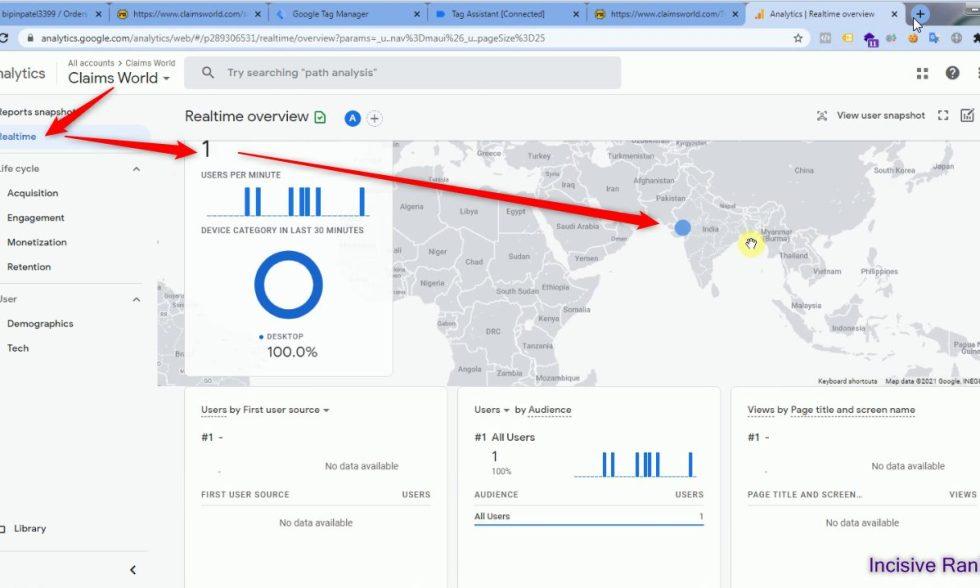The Facebook Pixel is an extremely useful tool for tracking company data on Facebook. Unfortunately, its efficacy has declined in recent years. But all is not lost, due to Facebook conversion API.
The Facebook conversion API is another tool in your Facebook data toolkit that works with the Facebook pixel to guarantee you acquire all of the data you require. Together, they enable you to accurately track, attribute, and improve your Facebook marketing success.
What is the issue with the pixel?
Ad blockers, cookie blockers, and other masking techniques have started to reduce the amount of data the pixel receives. And now, Apple's iOS 14 upgrade makes it even more difficult to track data using the pixel.
The iOS 14 upgrade significantly limits the usage of cookies for tracking on Apple mobile devices. As a result, the pixel will provide you with far less information on how iOS users interact with your business. You may be unaware that someone has clicked through from Facebook to your website.
Do not panic. Continue reading to learn how to use the Facebook conversion API to preserve data, assign attributions, and target users. Before moving any further, we should learn about certain basic terms which will be used in this blog.
Google Tag Manager makes it simple to handle JavaScript and HTML tags without the need for a developer — or nearly so. You will still need to have a developer put the Tag Manager code on your website. After that, you can add any services or new scripts directly from the Google Tag Manager interface.
Analytics focuses on discovering correlations and trends in data, whereas optimization focuses on cause and effect. However, combining analytics and optimization can be quite beneficial to your organization. So let's look at real-world examples of how to use analytics better to drive testing results.
The Facebook Conversion API (CAPI) is an important tool for tracking data in Facebook ads. It offers a more accurate and reliable solution compared to traditional tracking methods. By using the Meta Conversions API, businesses can improve the accuracy of their data and attribution modeling. This can help them optimize their campaigns better and get more value from their ad spend.
The Facebook Conversion API (CAPI), originally known as the Facebook Server-Side API, was created to assist businesses in providing targeted advertising experiences to clients while also maintaining data privacy. Because FB CAPI does not rely on browser cookies, it is ready for a cookie-free future.
Many browsers now block third-party cookies by default, there are ad and cookie blocker add-ons for most browsers, and even Apple, with the iOS 14 upgrade, has tightened the leash on data collected from their customers.
CAPI is an excellent answer to this issue. Businesses can track conversions even if users' cookies are restricted or disabled. It also delivers more precise and dependable conversion data than cookies.
Nowadays, Adblockers, Tracking restrictions like ITP, and IOS 14 updates all affect the Data Accuracy of Conversion reported into Analytics Platforms. And these are the main reasons why Facebook, Google, and other platforms highly recommend their users start implementing server side tracking.
Hmm not sure, then Let’s check it now. I have made an easy way solution that Even a Non-Technical person can check and make sure of.
Yes, It is the untold truth that E-Commerce Shopping Store ( like Shopify, Woocommerce, etc.) sales data and Conversion Tracking Platforms (CTF) (Like – Google Ads & Analytics, Facebook Pixel, etc.) will never match 100%.
let’s explore some situations & conditions where such a thing takes place.








